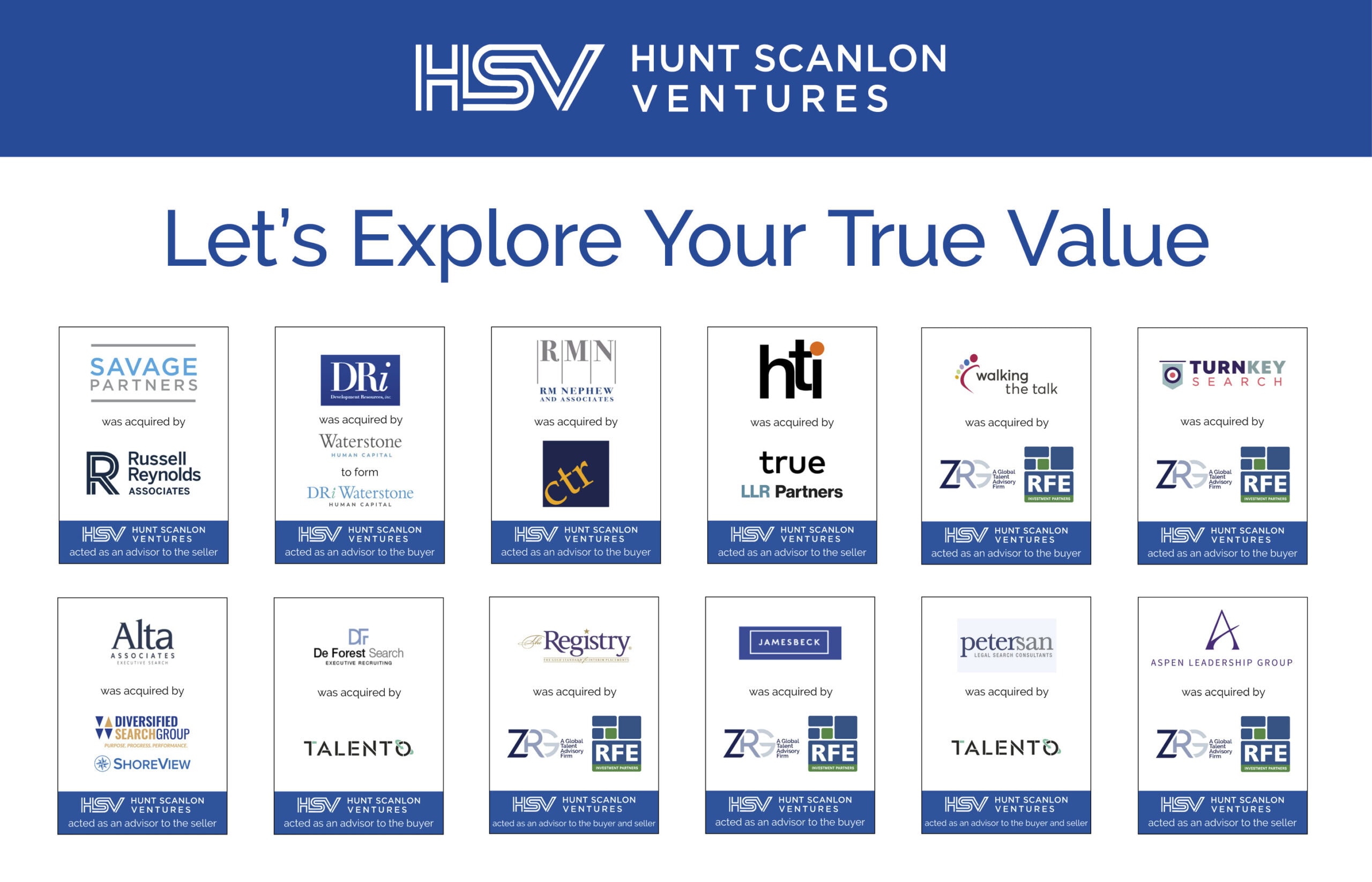If dealmakers are questioning anything right now, it is why the global M&A market would depart from a pattern established over eight years, which shows mostly stable deal value on an annual basis, with 2021 as the only recent outlier.
In fact, if we disregard that year’s record-breaking performance, last year falls in line with annual pre-pandemic deal values. Dealmakers – at least the optimistic ones – see little reason to believe 2023 will fall far from the pattern.
While Q1 2023 showed weakness, Q2 reflected more active deal making, with more robust negotiations taking place, according to McKinsey. Soft-to-serious deal conversations continued behind closed doors throughout the second quarter, leaving many to believe that has set the stage for a stronger second half on the horizon.
Deploying Effective M&A Strategies
There is no question that C-suite leaders and their dealmakers view recent shocks and longer-term structural change as cause to actively scrutinize their portfolios. But as they continue to evaluate under uncertain market conditions, they have shown that they can deploy highly effective M&A strategies irrespective of market cycles.
Decades of McKinsey research shows that companies that pursue a programmatic approach to M&A – meaning they pursue at least two to four small or medium-sized acquisitions annually – outperform peers. The benefits of this sort of programmatic approach are consistent across sectors, and the evidence remains strong during downturns. The problem is only about 14 percent of companies manage M&A programmatically, indicating that much opportunity to deliver value remains.
The promising data around programmatic acquisitions has led McKinsey to believe that M&A is in the best interest of companies, even in uncertain times like we’re in now. Programmatic acquirers tend to pursue not only cost synergies but also revenue synergies as part of their deal thesis, taking into consideration how they can expand offerings, services, and customer segments, over time. While they pursue transactions in their core industry and adjacent areas, programmatic acquirers are more likely than peers to make step-out acquisitions, and to actively shed assets. This consistent approach to M&A may yield higher returns and keep markets flowing during a downturn.
Hints of Recovery
At McKinsey’s recent European M&A conference co-hosted with Goldman Sachs, more than half of the participants polled said they expect to increase their M&A activity or pursue transformative deals this year. Among the factors bolstering their confidence were shallower valuation declines than in past downturns, and stores of dry powder among public companies and private equity funds exceeding those of the post pandemic M&A boom. Then too, some pointed to hints of economic recovery or, at least, increasing stability.
Cody Crook, managing director of Hunt Scanlon Ventures, unpacks what it all means for the human capital sector as we turn into the second half of the year and begin contemplating 2024! He has good reasons to be optimistic.
Cody, what are your thoughts on programmatic acquisitions?
I think the data is promising. While it may not work for everyone, McKinsey’s research makes it clear that many more companies should be utilizing this strategy. In today’s market, M&A is a necessity. But dealmakers need to arm themselves correctly and be proactive when choosing a strategy for pursuing M&A. Simple opportunistic M&A isn’t enough. Programmatic M&A is the type of strategy that can push companies forward, in a systematic way that has proven itself.
“Simple opportunistic M&A isn’t enough. Programmatic M&A is the type of strategy that can push companies forward, in a systematic way that has proven itself.”
What part of McKinsey’s research piqued your interest most?
In their discussion of how M&A is changing I really appreciated McKinsey’s points on the increasing value found in cultural due diligence. Leaning on decades of data McKinsey shows that healthy organizational cultures lead to healthy integrations through the M&A process. The importance of cultural due diligence is something that finally seems to be coming into its own. And it has been a long time coming.
What does cultural due diligence look like, Cody?
First, cultural due diligence requires a company to understand that company culture is created through deliberate practices, and that it must be designed and measured. In the M&A process companies need to identify cultural differences between the acquirer and the seller. If certain areas of the two cultures don’t align, such as communication, decision-making and performance management, to name just a few areas, the merger may not be as profitable as traditional due diligence would lead one to believe, or as successful.
“Often the gap between two company cultures can be closed over time if there are noticeable discrepancies, but this usually takes time. In the world of private equity, where the average holding time for a portfolio company is only a couple of years, extra time is often a luxury. This makes the process of cultural due diligence a potential game changer for PE playbooks considering their unique timelines.”
What are the returns when cultural due diligence is executed properly?
The returns to shareholders magnify substantially. What’s interesting, however, is that these returns are especially noticeable within two years of close. Often the gap between two company cultures can be closed over time if there are noticeable discrepancies, but this usually takes time. In the world of private equity, where the average holding time for a portfolio company is only a couple of years, extra time is often a luxury. This makes the process of cultural due diligence a potential game changer for PE playbooks considering their unique timelines.
Article By

Cody Crook
Cody Crook is managing director and head of investment strategy at Hunt Scanlon Ventures - an M&A advisory firm that specializes in the human capital space. Cody is responsible for co-managing the firm's investment portfolio, which includes executive search, talent acquisition, private equity, and investment firms. Leading the investment team, he spearheads all fund transactions and maintains portfolio developments. He is also responsible for sourcing, managing and monitoring investments and working with external portfolio managers, analysts and investors on active and prospective transactions. Connect with Cody.






